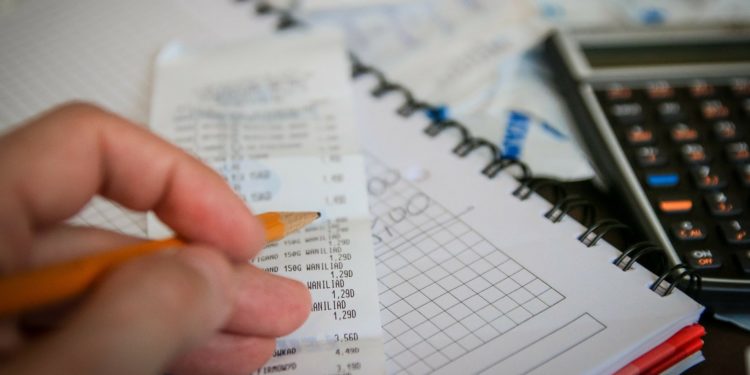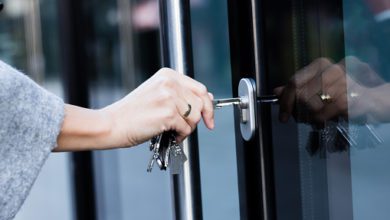VAT Deferral – What if I can’t get to the office? – MHA MacIntyre Hudson comments

The VAT deferral scheme is automatic but this fact has lulled some businesses into thinking they don’t need to complete a VAT return. It’s easy to think this is no longer necessary, especially as the national shutdown means many businesses can’t physically get to their offices, or have furloughed the relevant staff.







